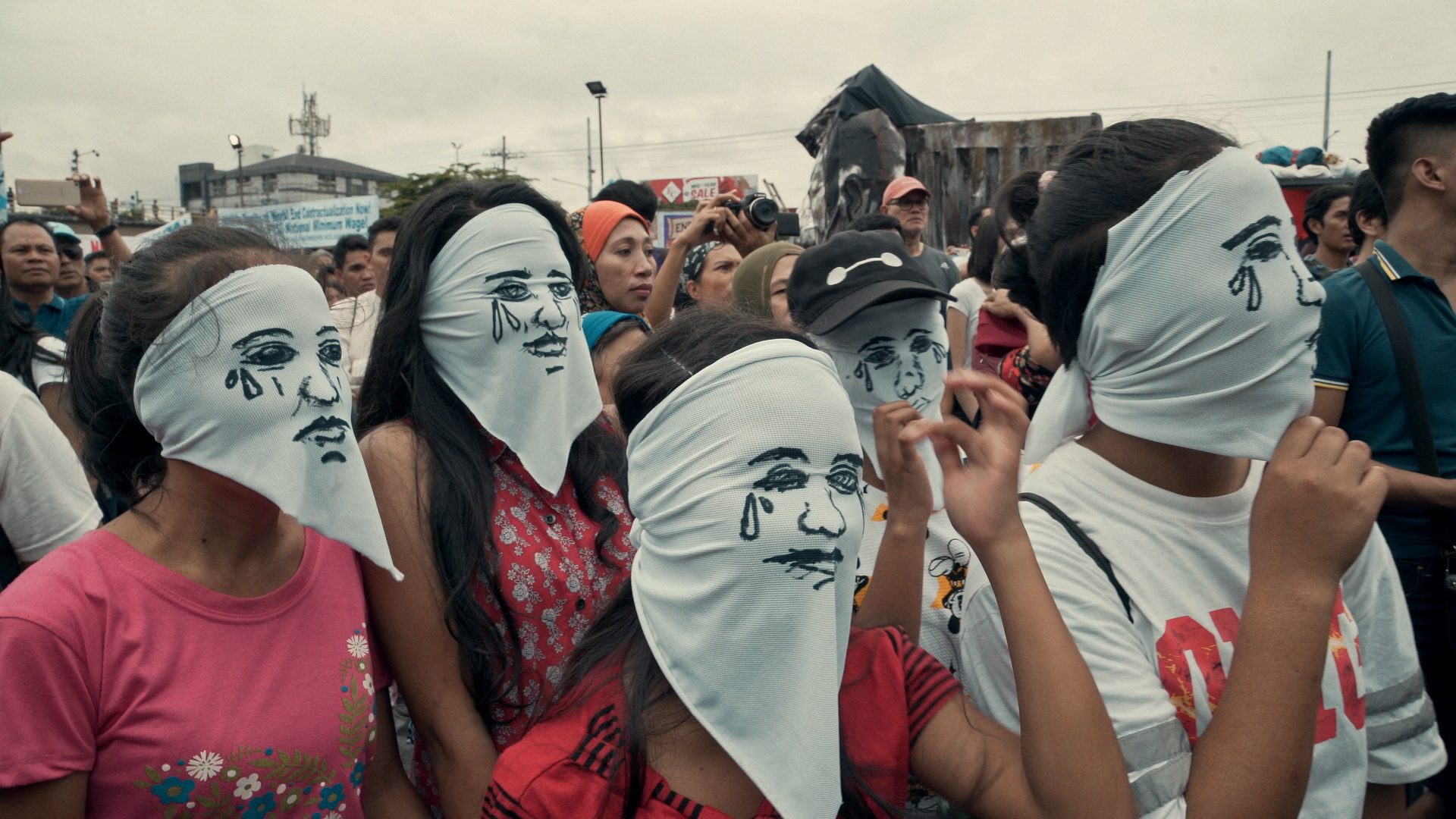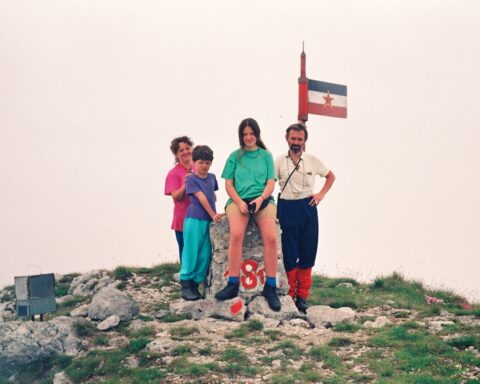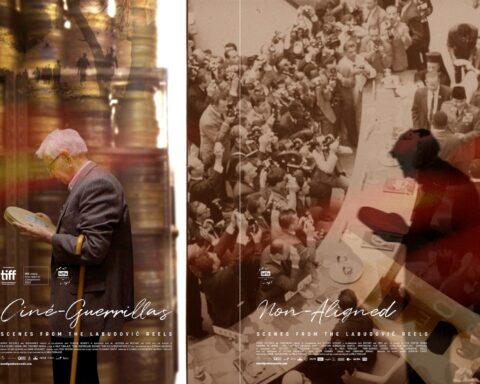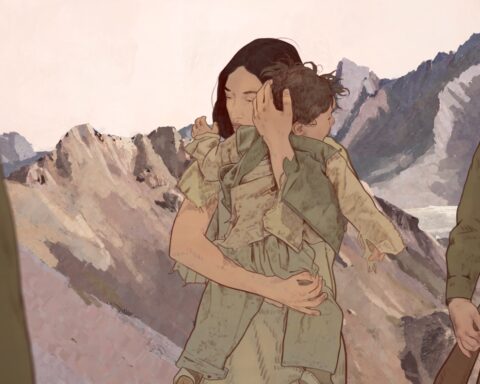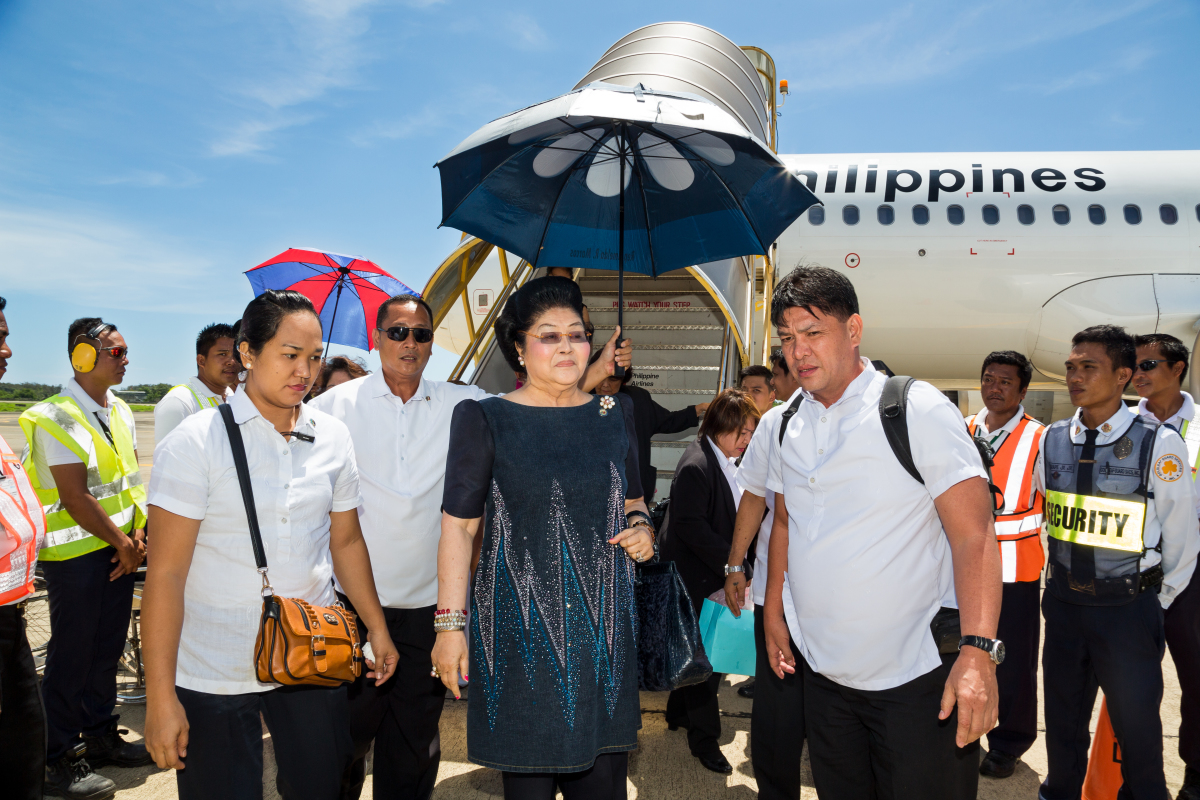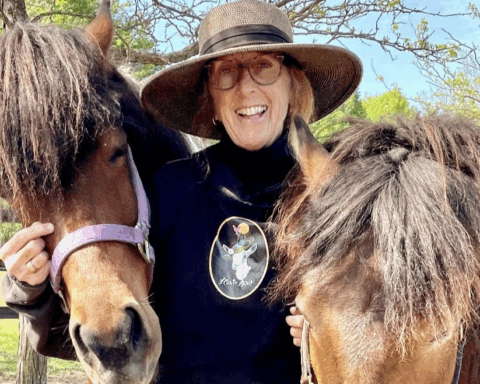Indian-American anthropologist Arjun Appadurai recently described the uncertain times we live in as a “global swing to the right.” In particular, the scholar refers to the “cultural right, the national and xenophobic right” that has favoured the rise of populism and took advantage of the growing anxiety brought by the Great Recession, terror attacks, climate change and migratory waves. Sadly, the current geopolitical transformations have produced fertile ground for fear-based leaderships and various forms of oppression across the planet. Now, more than ever, information and education can play a fundamental role in fighting against old and new prejudices, demagoguery and intolerance. In this context, documentaries become powerful tools to sensitize public opinion and encourage healthy debates.
International Documentary Festival Amsterdam (IDFA) tried to catch—rather successfully, I must say—the turbulent zeitgeist of 2019 and perhaps of the whole 2010s. The festival program featured a number of titles taking a clear stance against racism, authoritarianism, exploitation and that “global swing to the right.” Under Syrian filmmaker and curator Orwa Nyrabia’s artistic direction, IDFA significantly expanded its programming strands and enhanced its mission to “screen films with urgent social themes that reflect the spirit of the time in which they are made.” This overview of the festival focuses on eight feature-length documentaries, which raise important questions about present and past forms of oppression through different aesthetic and narrative approaches.
The festival opened with a screening of Mehrdad Oskouei’s Sunless Shadows, a Norwegian-Iranian documentary set in a juvenile detention centre in Iran, where a group of teen girls are serving their sentences for the grave crimes of murdering their father, their husband or another male family member. Oskouei’s work is a frank, touching testimony of Iranian women’s oppression and highlights how the country’s male-dominated society leaves them with no way out. The film is also a strong political act. Through its observational approach and a few controlled interviews in which the detainees are asked to speak to the camera as though it was their mother or victim, it denounces the government’s lack of commitment to protecting women who are victims of domestic abuse and violence as well as their subjugation in Middle-Eastern society.
Kivu Ruhorahoza’s new feature Europa, “Based on a True Story,” included in this year’s main competition, presents a unique narrative structure. The Rwandan helmer alternates scenes from his new fiction film, a romantic drama A Tree Has Fallen, with several sequences depicting far right protests and progressive rallies taking place in today’s London. The fiction film revolves around a mysterious Nigerian man (played by Oris Erhuero), who returns to the UK to make amends with Anna (Lisa Moorish), his mixed-race lover, and Bruce (Matt Ray Brown), Anna’s white ex-husband. The love triangle tries to mirror the increasing tensions following the Home Office’s hostile environment policy and Brexit. While Ruhorahoza’s goals and ideas are certainly commendable, the final work lacks coherence in some parts and may confuse or disorient viewers. Nonetheless, Europa represents a rare take on British xenophobia shot by an African filmmaker and is an interesting hybrid experiment that perhaps could benefit from a more finely tuned writing and a clearer (and more concise) contextualization of Britain’s unstable social climate.
Marlene Edoyan’s The Sea Between Us transport the viewers into the lives of two Lebanese women, Hayat and Wafaa. After many years, the country is still suffering the consequences of the civil war, which broke out in 1975 and resulted in over 120,000 casualties. Even though the situation has now stabilized and the country is formally at peace, Hayat and Wafaa’s testimonies make us aware of the sectarian division of power and deep socio-economic divide that create strong boundaries among the Lebanese. Most of their religious and ideological views are one-sided and reconciliation is far from being achieved.
Busan-born Seung-Jun Yi’s documentary Shadow Flowers centres on Ryun-hee Kim, a North Korean housewife who was forced to move to South Korea and became its citizen. It is a puzzling story about patriotic attachment and a seven-year-long bureaucratic labyrinth during which the woman tried everything to reunite with her family. It is also a tale of oppression, as Ryun-hee Kim sees her rights repeatedly denied by the South-Korean authorities, who extend her travel ban every month. In the last scene, her daughter asks over the phone: “Mom, when do you think you can come back?”. Even though the North Korean dressmaker seems to be hopeful about her return—“Maybe at the longest… I don’t know. It might take one or two years”—in practice, the question remains unanswered. The film opens up a wider reflection on the role of the state in making lifetime choices on behalf of its citizens.
One of the bravest works at IDFA is certainly that of Filipino documentary filmmaker Alyx Ayn Arumpac. Her debut feature, Aswang, documents President Rodrigo Duterte’s brutal war on drugs, which has caused the death of thousands of people, many of which were simple bystanders. Arumpac followed her subjects for about three years, since the election of the President back in 2016. During the Q&A with the young director following the screening, viewers were shocked and acknowledged how little the crisis has been covered by mainstream Western media. Arumpac’s mission is that of providing an account of Duterte’s regime to an international audience as well as raising awareness in her country, as the President’s dictatorial government still enjoys wide popularity among the Filipinos, including in the poorest sectors of the population.
In her debut feature, I Owe You A Letter About Brazil, Carol Benjamin tries to delve into her father’s past, which she defines as “untouched and kept in a sort of black box.” The man, called César, was arrested in the summer of 1971 during the student protests against the dictatorial rule of Emílio Garrastazu Médici and sentenced to 13 years of prison. At that time, he was still underage and too young to stand trial but, after a psychological evaluation, his intelligence was compared to that of a 35 year-old man, so he was tried as an adult and kept in solitary confinement for three and a half years. Thanks to the tireless activism of his mother Iramaya and the Swedish branch of Amnesty International, César was luckily released five years later. Carol Benjamin’s documentary is not merely the story of a family radically shaken by the Brazilian military dictatorship but, first and foremost, an accurate investigation on silence as used as a tool of oppression, aimed at erasing historical memory. Her research work, through the skillful intersection of archival footage, interviews, letters, photographs and intimate (at times heart-warming) voice-over monologues, sheds light on her father’s past. Furthermore, towards the end of the movie, César himself is finally able to break the silence and talks through his tragic experiences during those years; it provides touching moments of truth and a precious act of catharsis.
Simón Uribe Martínez’s Suspension focuses on an unfinished concrete bridge, which lies abandoned in the middle of a misty jungle. This absurd eyesore is today a bizarre attraction for tourists taking selfies and kids performing motorcycle stunts. The first few minutes of the film show the origins of this meaningless project by alternating astonishing aerial shots of the dense forest with old photographs featuring the early days of the structure, accompanied by sound effects from the construction site. Next, in 1991 a tragic landslide, known as the “springboard of death”, hit the area and killed dozens of people. Today, workers keep on pouring concrete while mud and fast-flowing waters put at serious risk the safety of the site once more. Since 1991, the place seems stuck in time and constitutes a symbol of the mankind’s growing hybris. The arrogance and closed mindedness of Colombian institutions is another bright example of contemporary oppression, driven by profit motives and careless of its consequences for the community and the environment.
Finally, Lucy Parker’s Solidarity follows the activities of the Blacklist Support Group, which stands up for the victims of a repressive system implemented by the British building industry. Employees who were members of a trade union and expressed strong criticism towards their working conditions or health and safety violations were put on a secret blacklist and often never hired again. The scandal broke out in 2009 and represents a wake-up call warning the viewers about the vulnerability of human rights, from which the Western world and its market economies are not exempt. Through its simple, succinct cinematic style, mostly made of talking heads, group discussions and relevant archival footage, the documentary underlines the value of solidarity and co-operation in fighting for rights.




